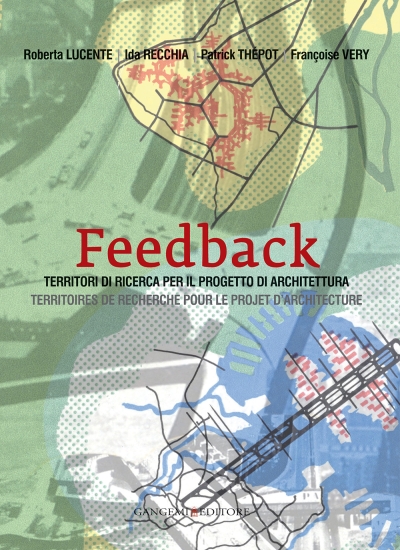Descrizione
After every catastrophe, the importance of the building context and its effects in any environmental disaster becomes clear – whether such disasters are natural or human-induced.
This is true, although less evident, in humanitarian disasters caused by warsand conflicts as well as social hardship – which in most cases is related to problematic living conditions – whether they are inadequate, lacking, denied or lost.
Therefore, architecture confirms its essential role, time and time again, evenin periods of less favorable academic relevancy. However, the contributionof architectural culture isn’t limited to pinpointing the appropriate qualityof a settlement; it can go significantly beyond in scope and offer its tools asa magnifying glass to analyze pre- and post-disaster phenomena.
The breadth of its look ranges from the planetary to the human scale, andthe richness of its codes – interwoven with the many humanistic and scientific disciplines it interacts with – make up an exclusive apparatus of tools to understand and act upon reality.
This is true, although less evident, in humanitarian disasters caused by warsand conflicts as well as social hardship – which in most cases is related to problematic living conditions – whether they are inadequate, lacking, denied or lost.
Therefore, architecture confirms its essential role, time and time again, evenin periods of less favorable academic relevancy. However, the contributionof architectural culture isn’t limited to pinpointing the appropriate qualityof a settlement; it can go significantly beyond in scope and offer its tools asa magnifying glass to analyze pre- and post-disaster phenomena.
The breadth of its look ranges from the planetary to the human scale, andthe richness of its codes – interwoven with the many humanistic and scientific disciplines it interacts with – make up an exclusive apparatus of tools to understand and act upon reality.





